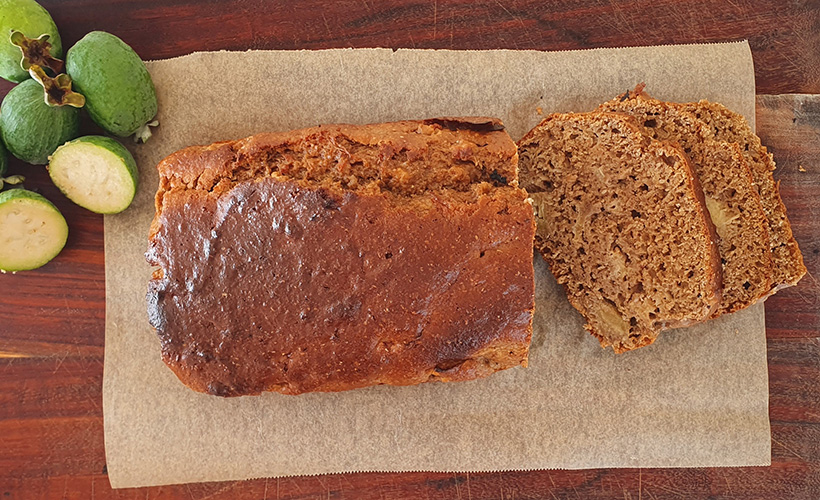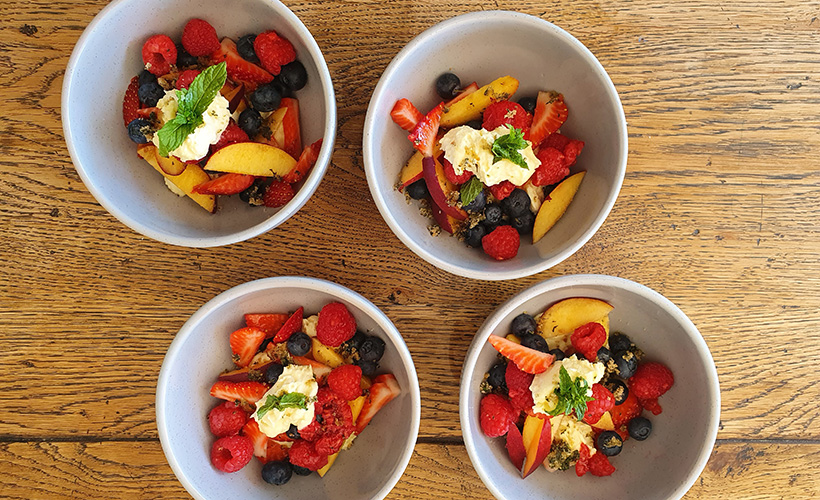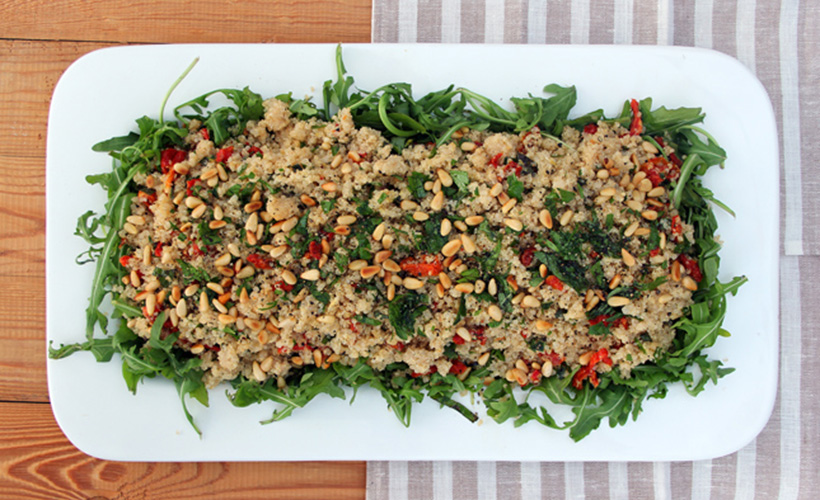Complement Your Meals With Extra Protein
Aim to take your protein powder with meals where you wouldn’t otherwise be getting enough protein. Say for example you have a cooked breakfast, light salad for lunch and roast chicken and vegetables for dinner, by having your protein shake around that lunchtime meal you will successfully balance out your total intake across the day.
If gaining muscle is the end-goal, or preventing muscle loss, recent research leads us to believe that protein before bed could be effective. Studies have found when consuming a solid amount of protein before you go to sleep, the protein is effectively digested and absorbed which maximises muscle growth throughout the night.2
Should I Take Protein After Working Out?
The Anabolic Window
The anabolic window is the period after exercise during which nutrition can shift the body from a catabolic state to an anabolic one.
In the two-hour window following exercise, muscles are regenerating and growing at their fastest rate so are most susceptible to amino acid uptake. This window you may have heard mentioned as the “anabolic window”. Having 20g of protein in this two-hour window will maximise the gains during this process. Ideally, protein should be consumed with carbohydrates at a ratio of 1:4.

Experts further suggest that if you have a short recovery window before your next workout, then aiming to get that 20g of protein down within the first 20-45 minutes after exercise will be the most beneficial.
Sometimes, fitting your protein into the anabolic window just doesn’t happen when life gets in the way. Should you be worried? We wouldn’t suggest losing sleep over it, total protein intake over the course of a day is the most important factor for determining muscle size and strength regardless of the timing in which it’s consumed.3

How Important Is Protein For Breakfast?
Kickstart Your Metabolism And Reduce Hunger
We often hear breakfast being talked about as the ‘most important meal of the day’. While this might not necessarily be the case, studies show us that people who eat breakfast have lower body weights than people who skip.
Consuming protein at breakfast increases the release of satiety hormones, helping you feel fuller for longer. The calories will also jump start your metabolism.
With protein’s ability to create a feeling of fullness, it’s crucial to include protein in your breakfast meal to prevent feelings of hunger later on. A very high protein breakfast, compared to a high carbohydrate breakfast, has been shown to reduce levels of the hunger hormone – ghrelin, and increase daily fullness more than a normal-protein breakfast.4 Ghrelin is in charge of stimulating your appetite, making you want to eat.
This is great news for anyone wanting to manage their weight. A study in adolescents found that those who consumed a high protein breakfast for 12 weeks maintained or even lost fat mass, whereas those who had a normal protein breakfast or skipped breakfast, gained fat mass.5





















Community